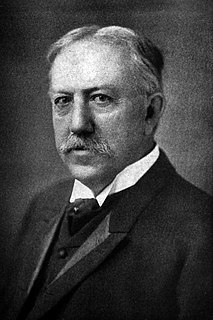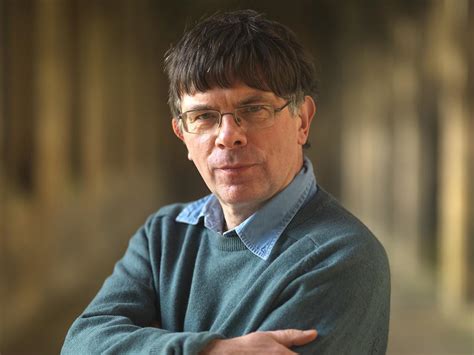A Quote by Edmund Burke
The unbought grace of life, the cheap defence of nations, the nurse of manly sentiment and heroic enterprise isgone! it isgone, that sensibility of principle, that chastity of honour, which felt a stain like a wound, which ennobled whatever it touched, and under which vice itself lost half its evil, by losing all its grossness.
Related Quotes
We stand on no high moral plateau in our time. We are, in fact, plumbing depths of depravity unknown to our ancestors--and whatever may have been the evil in which they engaged, at least they were willing to acknowledge the principle by which their evil was condemned. We have even turned our back on the principle.
God felt, God tasted and enjoyed is indeed God, but God with those gifts which flatter the soul, God in darkness, in privation, in forsakenness, in sensibility, is so much God, that he is so to speak God bare and alone. Shall we fear this death, which is to produce in us the true divine life of grace?
Cheap grace is the idea that "grace" did it all for me so I do not need to change my lifestyle. The believer who accepts the idea of "cheap grace" thinks he can continue to live like the rest of the world. Instead of following Christ in a radical way, the Christian lost in cheap grace thinks he can simply enjoy the consolations of his grace.
There is in every breast a sensibility to marks of honor, of favor, of esteem, and of confidence, which, apart from all considerations of interest, is some pledge for grateful and benevolent returns. Ingratitude is a common topic of declamation against human nature; and it must be confessed, that instances of it are but too infrequent and flagrant both in public and in private life. But the universal and extreme indignation which it inspires, is itself a proof of the energy and prevalence of the contrary sentiment.
The physiological law of Transfer of Energy is the basis of human success and happiness. There is no action without expenditure of energy, and if energy be not expended the power to generate it is lost. This law shows itself in a thousand ways in the life of man. The arm which is not used becomes palsied. The wealth which comes by chance weakens and destroys. The good which is unused turns to evil. The charity which asks no effort cannot relieve the misery she creates.
There's a stronger and more kind of controversial element of Plotinus' view of matter, which is that he actually identifies it with evil, or at least the principle of evil, and the reason for this is that he thinks that the the One, the highest principle, can also be thought of as the Good, and that's kind of surprising like, because he has this negative theology which doesn't allow us to say anything about the One. But he believes that it can be seen as the principle of goodness as well as unity, and that if you think about it, goodness and unity sort of go along with each other.
Mind is a duality; it is always split. There is no single point on which the mind agrees in totality. Half of the mind will agree and half of the mind will disagree, and whatever you choose, you are choosing only the half. The remaining half is going to take revenge. The unchosen part, the left over, will wait for its chance to show you that whatever you have chosen is wrong. But it does not matter which part you choose. Choice itself is wrong.









































